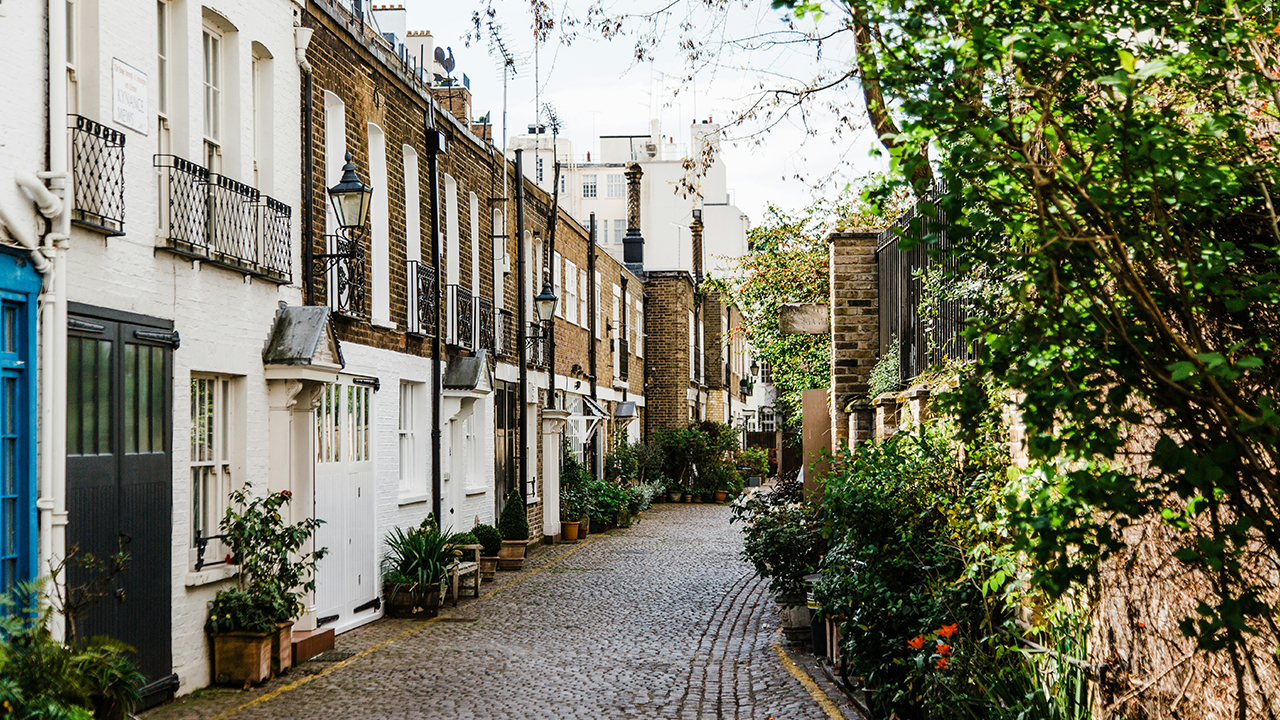2025 Offers a Once in a Decade Opportunity

I’m not going to say property has never had it so good – clearly the changes in tax, legislation and stamp duty would make that an outright lie. But, for those who are willing to see, there are massive opportunities for smart property investors.
Broadly speaking existing landlords are selling in droves, the fiscal and governmental changes over the past few years have been the straw that broke the camel’s back. They remember the ‘good old days’, when interest rates were lower, the profits were high, and regulations were insubstantial.
Since 2019 the trend is that existing landlords are exiting the property market, some estimates are in the region of 300,000 have left.
Here’s why:
- The removal of the ability to claim mortgage costs as a business expense for properties owned in a personal name, has hit landlords hard, creating a drain on profits.
- Higher mortgage rates making cost of purchase and mortgage maintenance eating into the profit margin.
- The Rental Reform Act is on its way to strengthening tenants’ rights and giving more landlords headaches when dealing with problem tenants.
- Increased stamp duty making the cost of purchase higher.
For landlords who have been in the business for 20 years or more, it’s not as good as it used to be and their approach is that the balance of whether it’s worth it has tipped into the ‘too much hassle, I’m getting out’ side – for them.
The result is that there are more properties to buy – and less competition to buy them. Less buyers? Ramping up the stamp duty payable has resulted in less buyers willing to pay the new higher levels.
However, there is still a hunger to get into property and be a landlord. The generation of new landlords are looking without ‘past-tinted specs’, they haven’t got those historic reference points; they’re looking at existing circumstances and still seeing the potential. And they’re right, there is still massive potential in property.
So, there is a generational shift – the passing of the torch from the old school landlords who are willing to take a hit, just to get out, to the new breed of landlord who can see the future potential.
What’s in it for the new landlords?
Like any business, property requires smart strategies, planning and hard work to be profitable.
The hook for the savvy landlord is not the monthly income – it’s the capital growth. In effect, as property prices increase your investment grows – it happens while you sleep! This is where the return lies for the landlord. But to ensure your investment is nurtured, you have to spend time and effort in managing it well. That means you’ll encounter some challenges and maybe some hassle, but the growth of your assets is worth it. Let’s be realistic – no business runs in a fairytale land where everything is happiness and light, but with the right mindset, knowledge and approach, being a landlord doesn’t have to be a nightmare.
It's that glass half empty/glass half full syndrome with older landlord looking at the downside and only seeing the empty part of the glass, while newer landlords are looking at the glass half full and seeing the potential.
As the older landlords leave the market, there will be a swathe of properties available providing an opportunity for new investors to leap into the property market.
Where are the profits?
The shrinking opportunity to rent a property has accelerated rents. Landlords are making a bigger return than they were 7-8 years ago, simply by renting to a family.
It used to be that a property would make a monthly profit of around £200 pm after all the costs had been paid. That’s now more like £400-£600 profit per month - even taking into account increased mortgage rates.
It’s tough for tenants, but rents are only going one way – and that makes it more profitable for landlords.
When the rumours started that CGT was going to go up to 40% instead of 24% in the budget - some landlords dumped portfolios in a hurry.
In the last budget stamp duty went up from 3% to 5% and that fact alone is taking people out of the market – instead of building the cost into the negotiation.
The higher the property price the bigger that 5% chunk looks. If you’re buying a house for £100,000, £5,000 seems manageable, but if the property you’re buying costs £400,000, £20,000 seems like a big amount – but it’s still only 5% of the whole price.
When interest rates started rising in 2022, when the base rates were rising by 0.25% month by month. Zoopla recorded drop of visits to their website by one third. Even the interest in looking at properties dropped. People just bail out at the idea of increased costs.
However, these are under-committed people – and they have created the opportunity to buy good stock at better prices for those with the Millionaire Mindset.
The next 12 months plus is a buyers’ market – are you ready to take advantage of it?






